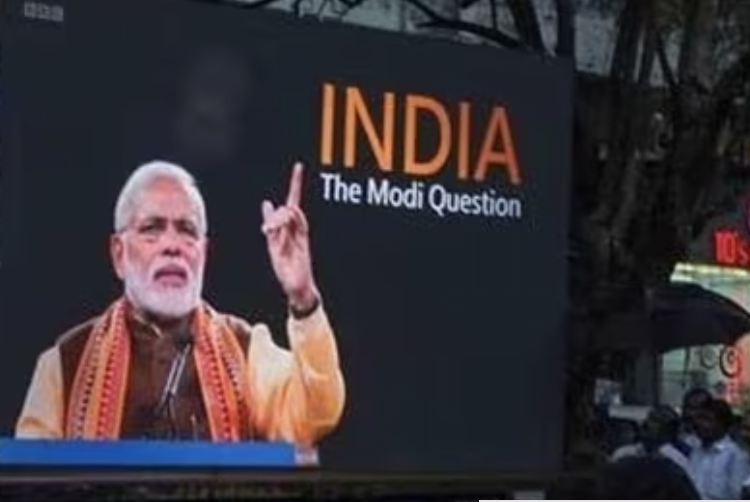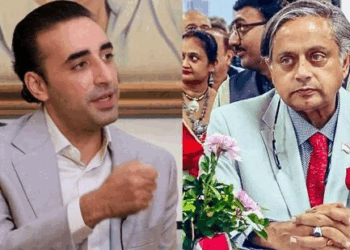The Delhi High Court has opted to recuse itself from hearing a petition filed against a BBC documentary that purportedly contains derogatory remarks about India. The decision, which was announced on Tuesday, came amid concerns over potential conflicts of interest in adjudicating the matter. The petition had sought the court’s intervention to address what it claimed was defamatory content targeting the country.
The documentary in question, produced by the British Broadcasting Corporation (BBC), has sparked controversy with its portrayal of India, drawing sharp criticism from various quarters. Critics have accused the documentary of painting an inaccurate and negative picture of the country, while proponents argue for the freedom of expression and the importance of airing diverse perspectives.
The petitioner, whose identity has not been disclosed, had approached the Delhi High Court seeking a ban on the broadcast of the documentary in India and punitive action against the producers for allegedly tarnishing the country’s image. However, the court’s decision to recuse itself from the case has thrown the future of the legal challenge into uncertainty.
In its brief statement explaining the recusal, the Delhi High Court cited concerns over potential conflicts of interest that could compromise the impartiality of the proceedings. While the specifics of these conflicts were not elaborated upon, legal experts speculate that the nature of the case and its potential ramifications may have prompted the court to step back.
The development has reignited debates over the balance between freedom of speech and the responsibility of media outlets to present information accurately and responsibly. With tensions running high over the documentary’s content, observers are closely monitoring how the legal battle will unfold and what implications it may have for the broader discourse surrounding media ethics and censorship.
Meanwhile, representatives of the BBC have reiterated their commitment to journalistic integrity and defended the documentary as a legitimate exploration of contemporary issues. They have stressed the importance of engaging with diverse viewpoints and fostering informed debate on matters of public interest.
As the controversy continues to simmer, the fate of the BBC documentary in India remains uncertain, with its reception shaping up to be a litmus test for the boundaries of free speech and the power of media narratives in shaping perceptions of the country on the global stage.








 India
India












